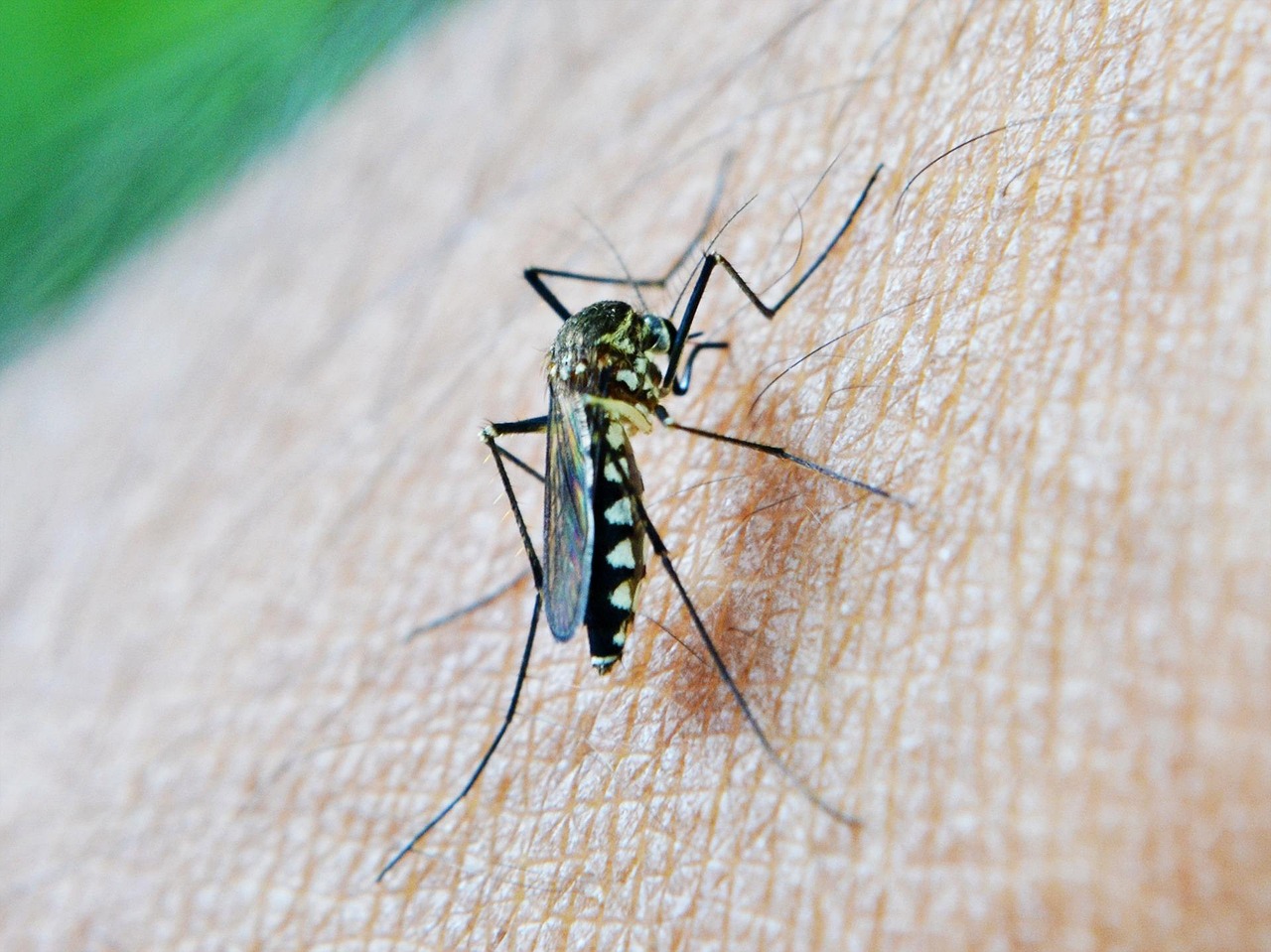
As the thermometer creeps upward and the calendar pages flip toward summer, one of nature’s less appealing phenomena emerges from the wetlands surrounding our fair town of Perry. “You know, there’s something almost poetic about the mosquito’s persistence,” I mused while slapping at my neck for the third time during a brief evening constitutional. “It’s as if they’ve been waiting all winter just for this moment, this cosmic dance between human and insect that repeats with the reliability of the tides.“
The reality is less poetic when you’re the one serving as the all-you-can-eat buffet. Perry’s geographical blessing—the abundant wetlands that define our ecosystem—becomes our seasonal curse as these areas transform into perfect breeding grounds for the bloodsucking pests.
Nature’s Defenders: Plants That Repel Mosquitoes
“You see, what most folks don’t realize is that Mother Nature, in her infinite wisdom, has provided solutions to the very problems she creates.” The natural world offers several plants that mosquitoes find repulsive, which we can strategically deploy around our homes:
- Citronella: The classic mosquito repellent, these tall grasses release an oil that masks the scents mosquitoes are attracted to.
- Lavender: Beautiful purple flowers with a fragrance we love and mosquitoes hate.
- Basil: Not just for pasta sauce, this herb’s strong scent repels mosquitoes and can be grown in pots right by your door.
- Rosemary: Woody herb that thrives in our climate and releases compounds that confuse mosquitoes.
- Marigolds: Contain pyrethrum, a compound used in many commercial insect repellents.
- Catnip: Studies show it’s even more effective than DEET at repelling mosquitoes.
- Mint: All varieties repel mosquitoes and can be used fresh in summer drinks.
- Lemon Balm: Member of the mint family with a pleasant citrusy scent.
- American Beautyberry: Native shrub with purple berries whose leaves can be crushed and rubbed on skin.
“Now, I’m not suggesting you turn your yard into some kind of botanical fortress, though there are worse ideas. The key is strategic placement—containers near doorways, window boxes, garden beds along pathways. You’re creating zones of protection, little aromatic force fields.”
Beyond Plants: Comprehensive Mosquito Management
“The thing about mosquitoes is they’re not particularly bright, but they are remarkably efficient at what they do. You’ve got to out think them, which isn’t saying much, but it does require some strategy.”
- Eliminate Standing Water: Check your property regularly for anything that collects water—old tires, flowerpot saucers, children’s toys, tarps, even bottle caps.
- Maintain Your Gutters: Clogged gutters create perfect mosquito nurseries.
- Install or Repair Screens: Keep windows and doors protected.
- Use Fans Outdoors: Mosquitoes are weak fliers; a strong breeze from a fan can keep them at bay.
- Time Your Outdoor Activities: Dawn and dusk are peak feeding times; mid-day is safer.
- Consider Bat Houses: A single bat can consume thousands of mosquitoes nightly.
- Add Fish to Water Features: Mosquito fish and goldfish eat mosquito larvae.
- Deploy Cedar Mulch: In garden beds to repel insects naturally.
- Try Coffee Grounds: Sprinkle in standing water to kill mosquito larvae.
“You know, there’s something almost Darwinian about our annual battle with these creatures. They adapt, we adapt. They evolve new strategies, we counter with our own. It’s the oldest game on the planet, really.”
Community Efforts
“The way I see it, mosquito control isn’t just an individual responsibility. It’s a community effort, a small-town symphony where everyone plays their part.” Perry’s wetlands may be perfect mosquito breeding grounds, but through coordinated efforts we can significantly reduce their population:
- Report abandoned properties with standing water to local authorities
- Organize neighborhood clean-up days to remove trash that collects water
- Share effective natural repellents and strategies with neighbors
- Support local health department mosquito control efforts
“In the end, it’s about coexistence. We can’t eliminate mosquitoes entirely—nor should we try, given their role in the food chain. But we can create a balance where summer evenings aren’t spent in itchy misery.”
As I watch the sun set over the wetlands, slapping occasionally at my exposed forearms, I can’t help but appreciate the paradox: the same natural beauty that draws us to this place creates our seasonal tormentors. “It’s just nature’s way of keeping us humble, I suppose. A reminder that for all our supposed dominance, we’re still at the mercy of creatures small enough to be crushed between our fingers. There’s a lesson in that, if you’re inclined to look for one.”
Now pass the citronella, would you?



Leave a Reply